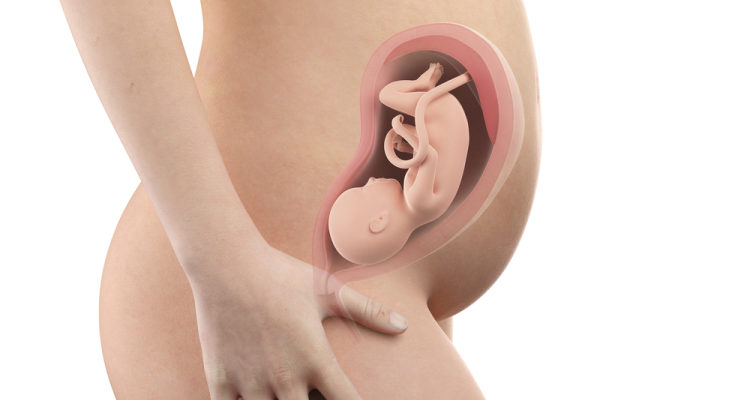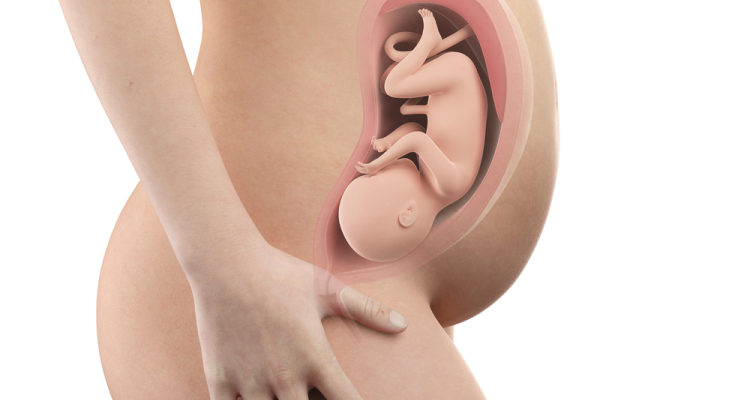Week 9

Many pregnant mothers wonder how their 9-week-old fetus has developed. So let's explore with aFamilyToday Health now!

Damage to nipples, cracked nipples or cracked necks when breastfeeding is very common in mothers. This makes breastfeeding very difficult.
To learn clearly about the cause of this condition, let's find out with aFamilyToday Health through the following article!
Cracked and bleeding nipples are not a common breastfeeding response. This is a warning sign that you have a problem that should be checked for and it's best to see it as soon as possible.
The main reason for this is improper breastfeeding posture leading to severe nipple pain. Changing the way you feed your baby can help you feel better. Sometimes a small change in position to breastfeed makes a difference or you can consult a doctor.
Improper use of a breast pump can also damage your nipples. Some mothers mistakenly increase the suction level too high. You should carefully read the instructions and how to use the pump correctly.
If your baby has thrush or a yeast infection in his or her mouth, he or she can pass the bacteria on to you, causing pain or damage to the nipples. Signs of fungal nipple disease include itching, red, shiny nipples, soreness and throbbing pain in the chest during or after breastfeeding.
The nipples may also crack or bleed from severely dry skin or if you have eczema scaly, red skin may itch or be painful. If you suspect that you have eczema, see your dermatologist.
Another possibility that can cause a cracked nipple is your baby's tongue twitch. This causes the tongue-to-mouth tissues to shorten or pull too far in front of the baby's tongue, and sucking can hurt your nipples. To cure the tongue-twisting problem, the mother can take the baby for minor surgery.
The above article hopes to provide useful information, helping mothers to more easily breastfeed as well as take care of themselves to be healthy!
Many pregnant mothers wonder how their 9-week-old fetus has developed. So let's explore with aFamilyToday Health now!
11 weeks fetus, baby's face continues to develop, mainly in the ear area, the head is about half the length of the body.
The development of the fetus changes with each stage. aFamilyToday Health shares with you everything you need to know about your 24-week-old fetus.
29 weeks pregnant will be the time when the mother is 7 months pregnant. During this time, the baby has reached a certain level of development in size, weight ...
The 33-week-old fetus was able to hear, feel and even see some. Baby can also dream at this stage!
Pregnant mothers often worry during labor. 3 exercises aFamilyToday Health will help pregnant mothers prepare for psychology and good health when pregnant women are in labor.
Learning about the effects of abortion on aFamilyToday Health tells you the link between abortion and its potential risks and when it is safe to get pregnant again.
How do mothers elect vitamin D supplements? Please share from an expert at aFamilyToday Health to know food sources and when to supplement this vitamin.
Join aFamilyToday Health to learn about eggs and sperm, how they meet, and about conception and the formation of the fetus.
aFamilyToday Health - A post about the breast changes of pregnant women and how to help you overcome the discomfort of these changes.








